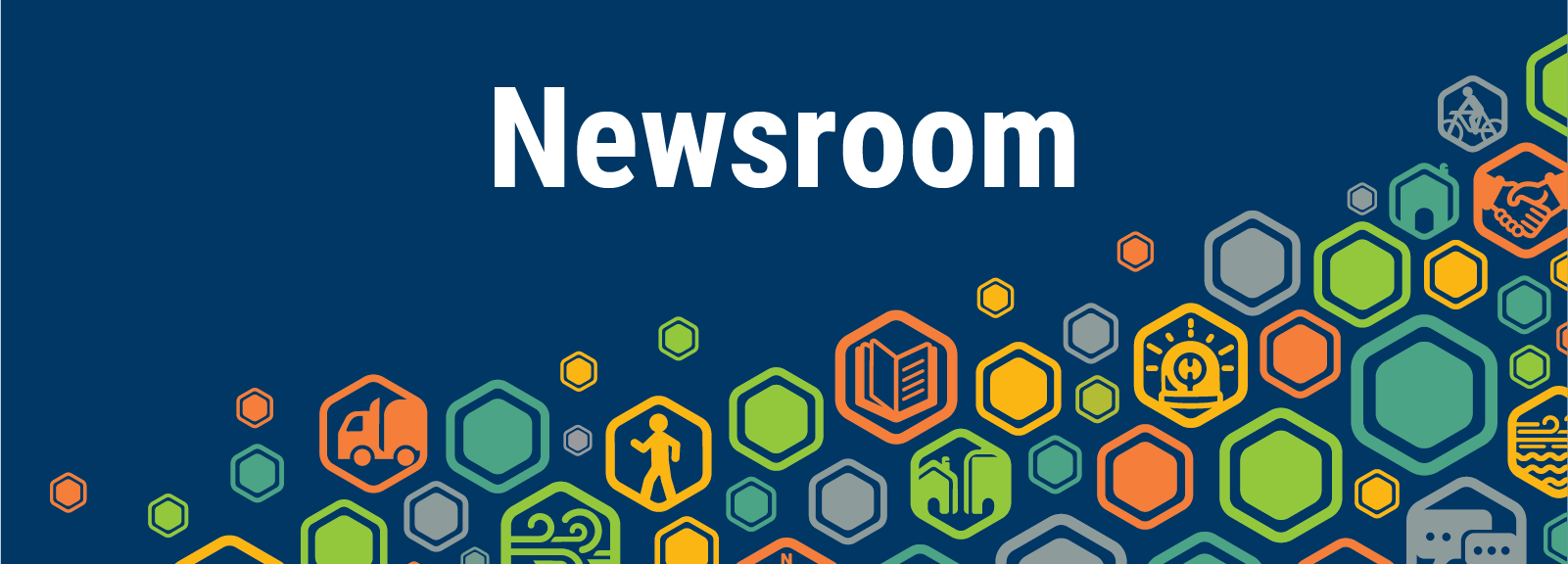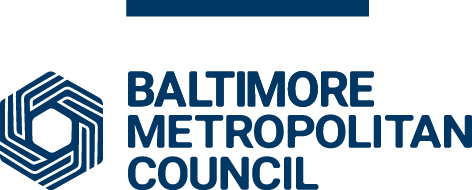
BMC staff works with stakeholders from member jurisdictions to support regional emergency preparedness programs coordinated through the Baltimore Urban Area Security Initiative (UASI) and by the Baltimore Urban Area Homeland Security Work Group (UAWG).
In response to COVID-19, our emergency Preparedness team sprang into action to support local jurisdictions during the crisis.
COVID-19 has caused significant disruption to the food supply chain in our region, leaving many individuals in danger of going hungry. In response to this challenge, many local governments and non-profits in the region coordinated boxed lunch distribution sites to serve those in need. Persons deemed “food insecure” could include children and families, older adults and other residents who need access to free meals during the coronavirus outbreak. Our staff provided critical food distribution supply chain support to our region’s emergency management agencies in support of this effort.
Our planners provided resources to streamline assessment of food distribution locations and analyzed data to support identification and selection of sites. BMC also worked with the Metropolitan Washington Council of Governments (MWCOG) to share food distribution efforts and strategies that were useful in the Baltimore UASI region. We also collaborated with each jurisdiction’s Office of Emergency Management (OEM) within the Baltimore UASI region to work with their designated Food and Water Disaster Supply Chain point of contact to collect plans, templates, checklists, and knowledge sharing resources. We then disseminated these tools to local jurisdictions to aide in their food site selection processes.
Once the food sites were operational, BMC staff researched and shared Federal documents to help guide safe food distribution operations, and troubleshoot some of the issues that arose as food distributions efforts were implemented, such as funding, procurement, site assessment and local/ state coordination.
Beyond food distribution support, BMC provided data collection and reporting, along with resources and best practices in this unprecedented time. BMC staff:
- Collected data to create a GIS representation of the area covered by the food distribution efforts. This bird’s eye view offers an easy to read visual representation of coverage, helping local officials to assure they are reaching all areas in need.
- Supported local jurisdictions’ Emergency Operations Center (EOC) and emergency management activities through EOC brief outs, drive through testing site visits, and pop up testing site execution.
- Developed a Virtual Emergency Operations Center (EOC) Guidance document that reviews suggestions and considerations for implementing a virtual EOC.
- Shared best practices, lessons learned, and regional procurement opportunities between the UASI jurisdictions.
- Researched temporary medical staffing companies and procurement opportunities to support hospital surges.
- Facilitated UASI Emergency Management Directors calls to review current guidance, actions, and strategies for regional missions such as recovery planning in coordination with the Maryland Emergency Management Agency (MEMA).
The BMC emergency preparedness team will continue to support the Baltimore region through the COVID-19 outbreak, doing its part to move the region toward recovery.
